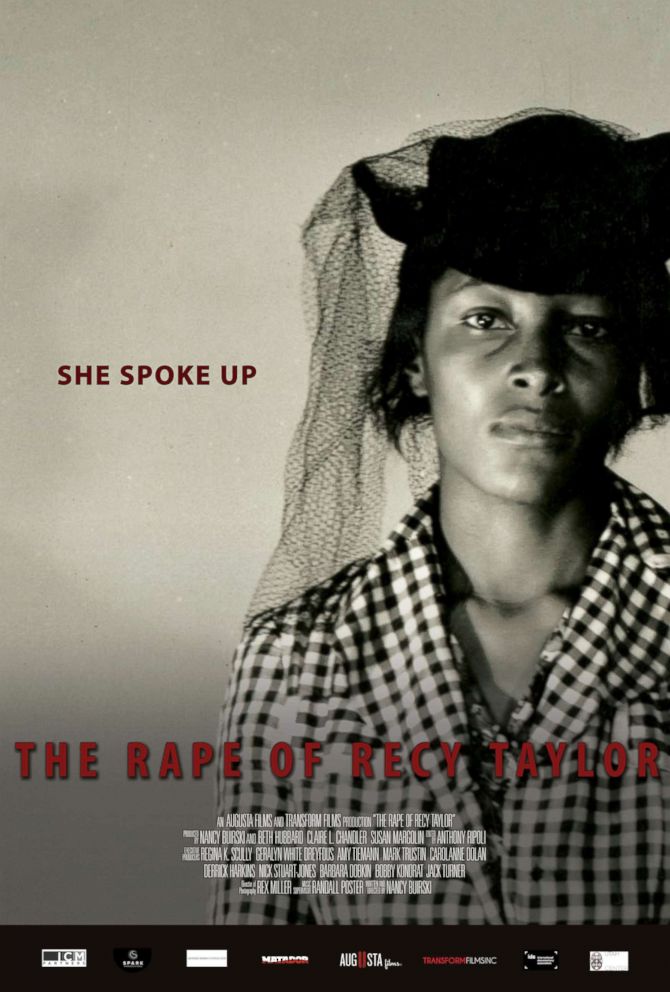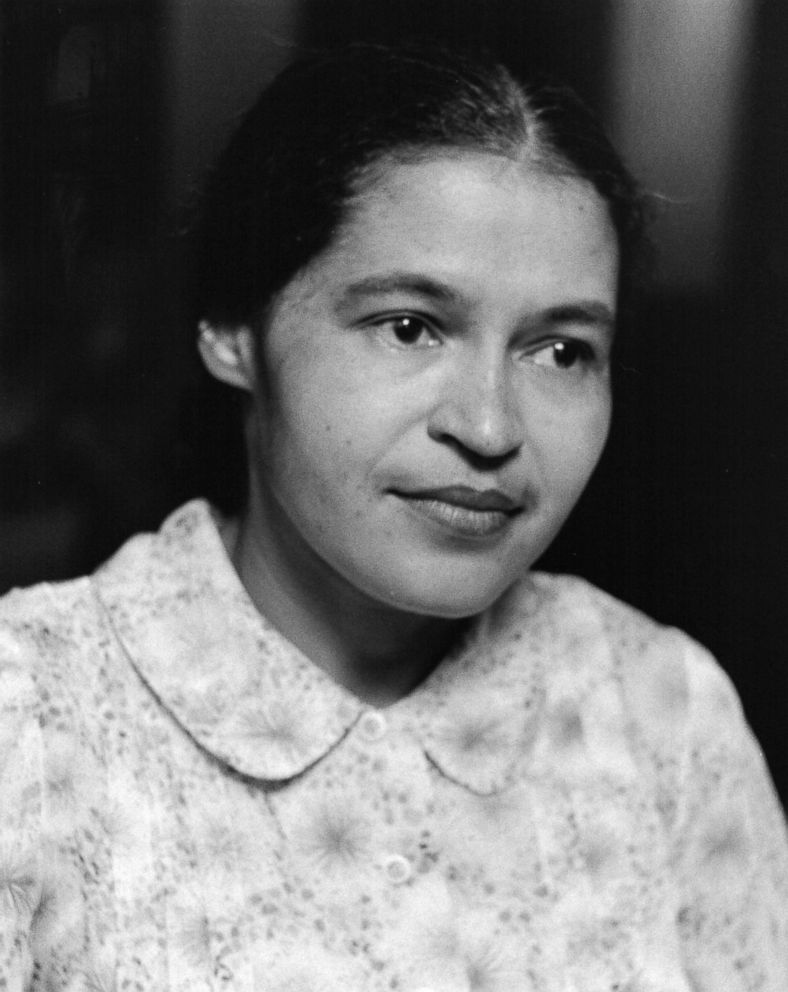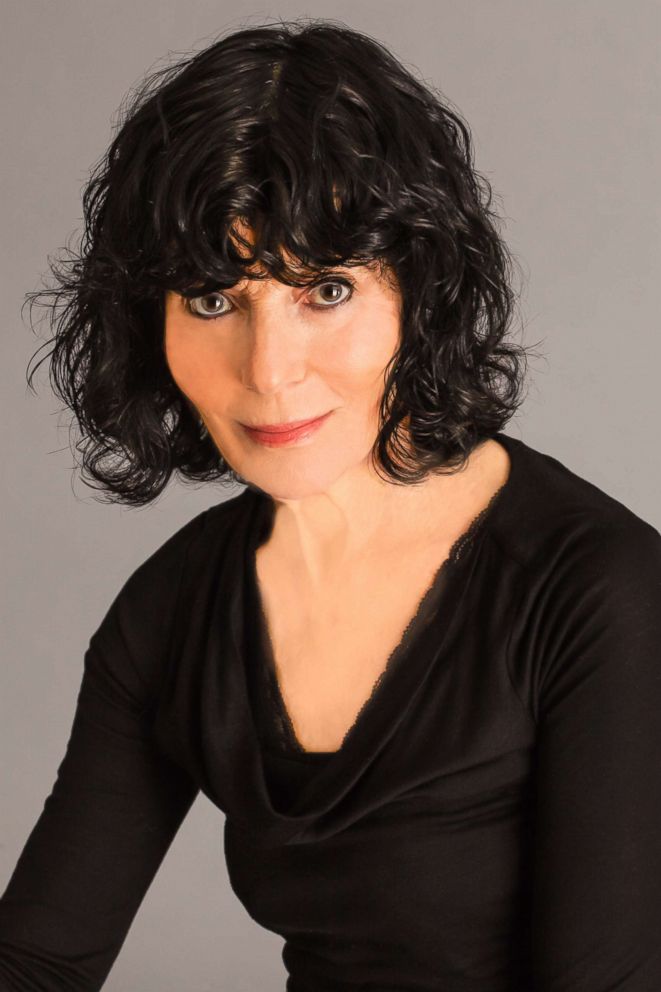New documentary tells the story of Recy Taylor, who spoke up well before #MeToo
Recy Taylor is about to become a household name.
— -- Recy Taylor is finally getting the attention she deserved.
A black woman raped by six white boys in 1940s Alabama, Taylor long sought justice but never got it. Two different grand juries failed to bring an indictment against the young men, although the Alabama Legislature later issued her an apology in 2011.
But with Oprah Winfrey's lifetime achievement award speech at the Golden Globe Awards and a new documentary focused on her story, Taylor, who died on Dec. 29 at the age of 97, is about to become a household name.
At Tuesday's State of the Union address, members of the Congressional Black Caucus wore red pins with her name, while her niece, Rose Gunter -- a guest of Rep. Bonnie Watson Coleman of New Jersey -- sat in the gallery to watch the speech. Another niece, Mary Joyce Owens, was a guest of Rep. Terri Sewell of Alabama.
"I know that black women will be telling this story for years to come. Recy Taylor is out in the world now," Nancy Buirski, the director of "The Rape of Recy Taylor," told ABC News. "I don’t claim the story, I’m just very proud that I had the opportunity to be part of telling it."

The film made its debut last fall at the Venice and New York film festivals, followed by a limited release in theaters. But ever since Winfrey brought up Taylor's story, placing it in the larger national conversation about sexual assault, Buirski said she has been inundated with screening requests.
"I was jumping up and down," Buirski said about the moment she heard Taylor's name in Winfrey's speech. "I knew that Recy Taylor’s family was going to be thrilled. This is what Recy Taylor deserved."
What sets Taylor's story apart from the staggering number of black women who were raped throughout slavery and the Jim Crow South is that she spoke up.
"She spoke up way before the #MeToo movement," said Buirski, who first learned of Taylor's story from reading historian Danielle L. McGuire's book "At the Dark End of the Street: Black Women, Rape and Resistance–a New History of the Civil Rights Movement from Rosa Parks to the Rise of Black Power."
The director uses footage from "race films," made by black directors for black audiences in the 1920s, as a metaphor for the hundreds of women who were violated.

The director, who also made the award-winning documentary "The Loving Story," was fortunate that Taylor's brother, Robert Corbitt, and sister, Alma Daniels, were eager to talk too.
"Robert has been making it his life's mission to reveal this story and expose this story," Buirski said. "And even though Recy got an apology in 2011, he wanted people to know what happened to her and that she didn’t get justice."
In the film, Taylor's relatives tell the story of how the 24-year-old married mother of one was kidnapped at gunpoint while walking home from church, raped by six white boys and later left at the side of the road. Although she told the local sheriff what happened and even identified the men, two grand juries failed to bring charges against them despite one of them confessing to the crime.

The film then shows how the story gained national attention through the help of the NAACP's chief rape investigator -- a woman named Rosa Parks. Parks would, of course, become famous a decade later for her role in the Montgomery bus boycott, but, as the film shows, she was a budding activist who felt a personal connection to Taylor's story and helped organize a committee of women to seek justice for Taylor.
Buirski called their relationship the "heartbeat" of the film.
"Recy is very reluctant hero," the director said. "She understood she had to speak up if she wanted to help other women. People like Rosa convinced her it was a crime."
Buirski not only salutes Taylor's courage in the film, but she hopes that the documentary will be used to "champion African American women who have been looking for justice for years and years."
Information on upcoming screenings and the digital release can be found on the film's Facebook page.




